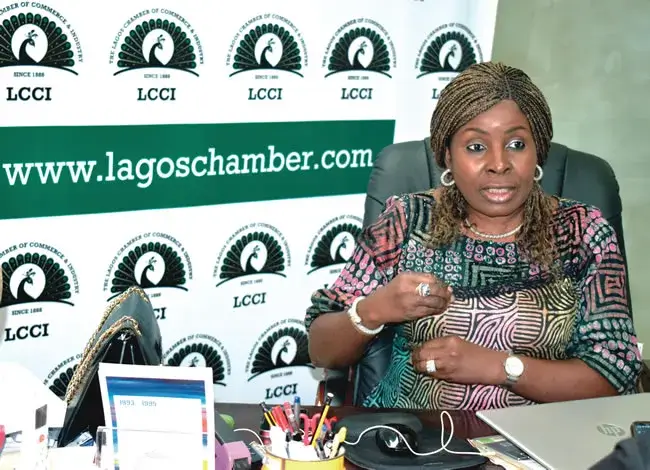Nigeria News
Fuel Price Increase Will Kill Production – LCCI DG, Almona Warns FG

The Director-General of the Lagos Chamber of Commerce and Industry (LCCI), Chinyere Almona, has warned the federal government that the current increase in fuel price would kill production and affect every sector of the economy.
Mrs. Chinyere Almona said business cannot grow or engage in production with such a high cost of labour that would result from the increased fuel price.
Mrs. Almona advised the government to withdraw the increase in fuel price.
She explained that livelihoods and movements of goods and services would be crushed by the current fuel price.
In an interview with Arise TV on Monday, the LCCI DG noted that the situation is very bad.
Almona said: “The situation is very bad. It is very bad because fuel affects everything across board. So when you think about manufacturers and their ability to transport their goods, it affects it. When you think about transportation for people moving from one place to another, it affects that.
“So in terms of even just livelihood and the movement of things across the country, it’s affected by a high fuel cost. Now, unfortunately, there isn’t even a uniform position. So in some fuel stations in Lagos, you’re getting 900, in some places, 1,200. And all of this will need to be ploughed into the cost of goods and services.
“And if you’re ploughing into the cost of goods and services and the population can’t pay, then you as a service provider or you as a product manufacturer, you will struggle with the things that you produce at the end of the day.
“So yes, if this is not curtailed, then the chances are that business are going to stop production. Remember that if we were layering a lot of costs on the common man, you’re going to have a situation where staff members or employees are going to say, please pay us more, because we can’t move ourselves from one place to the other.
“And if we can’t come to work, that means a lot of inefficiency. But even if we can’t come to work, you have to pay us more. So if that cost is going to be borne by businesses, they have to find a way to channel that cost. And it’s not even going into the consumers because the consumers can’t pay. So yeah, that’s it’s really bad. And we hope that government can step up and help the Nigerian citizens cope with these difficult times.”









